LUCKY Review
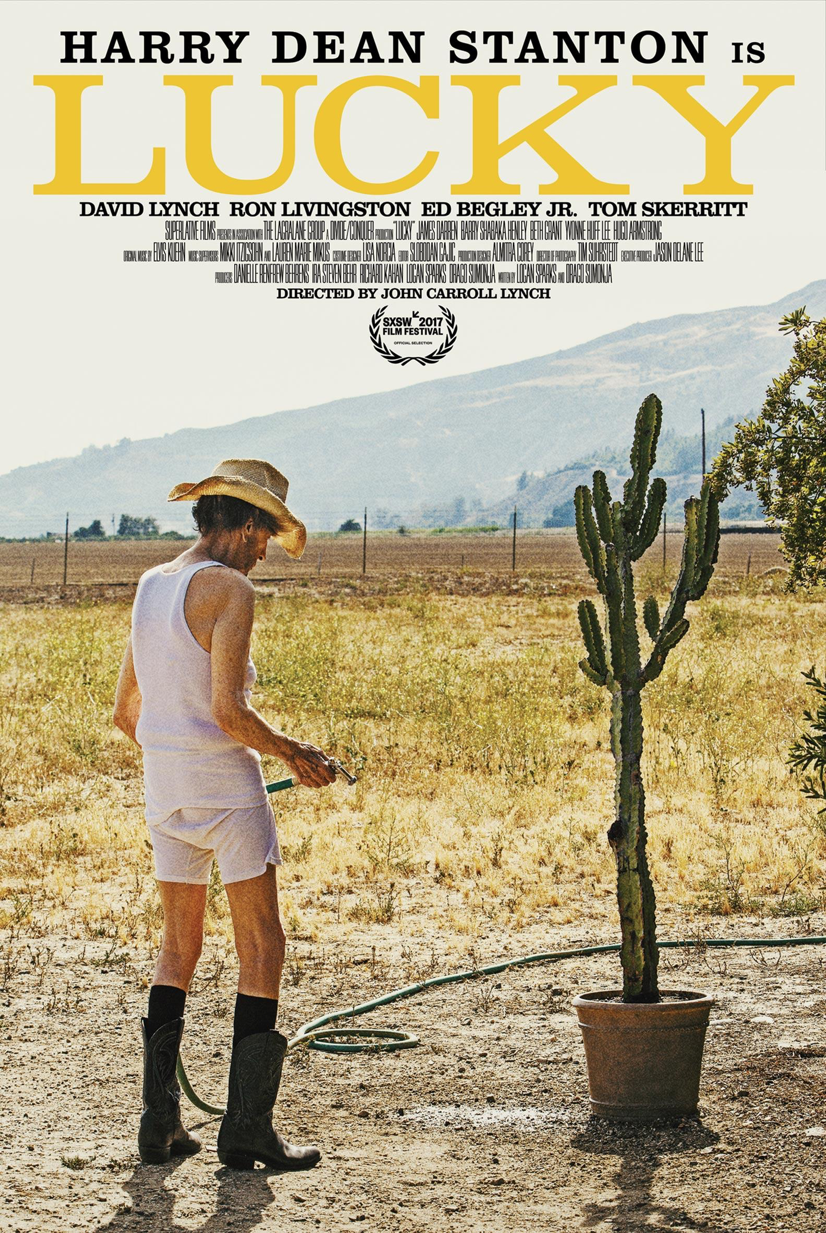
Director: John Carroll Lynch
Genre: Dramedy
Release: 2017
An oft-repeated maxim states that the wrinkles on Harry Dean Stanton’s face speak louder than any storytelling voice in cinema—so how fitting is it that the legendary character actor’s swan song relays so much of its spirit and ethos in that lovely face. With a career in film that spanned longer than many people’s own lifespans, Harry Dean Stanton was quintessential American cinema: he was the human embodiment of the wonderment of the peaks and valleys, the wear-and-tear of the cityscape, and the grits n’ gruel of a workman’s diet. Though not intended to be his final on-screen amble, LUCKY is a flawless send-off.
Those familiar with 2016’s PATERSON will find many similarities in LUCKY; in fact, the similarities are so stark (film title is the protagonist’s name, meandering narrative, intense focus on daily routine and side-character vignettes) that it’s a wonder these were made by two different filmmakers. While PATERSON basks in the repose of the ordinary, where tomorrow is but another opportunity to love, LUCKY carries a much heavier weight of mortality wherein our titular character learns to make peace with the fact that every tomorrow may be his last. Director John Carroll Lynch, a wonderful character actor in his own right, zones in on the delicate balance between quirky & naturalistic. There are deep dives into the surreal (with David Lynch in a featured supporting role, the film is sort of obliged to) that showcase a more forwardly expressionistic depiction of Lucky’s last days. Stanton’s performance is stellar, not to mention absolutely hilarious, striking every note of curmudgeonly deadpan like a seasoned orchestral member. It may be due in part to the fact that Stanton basically plays himself, but even so, the sheer amount of self he gives Carroll Lynch, the deliverer of the man’s eulogy, is felt in every frame.
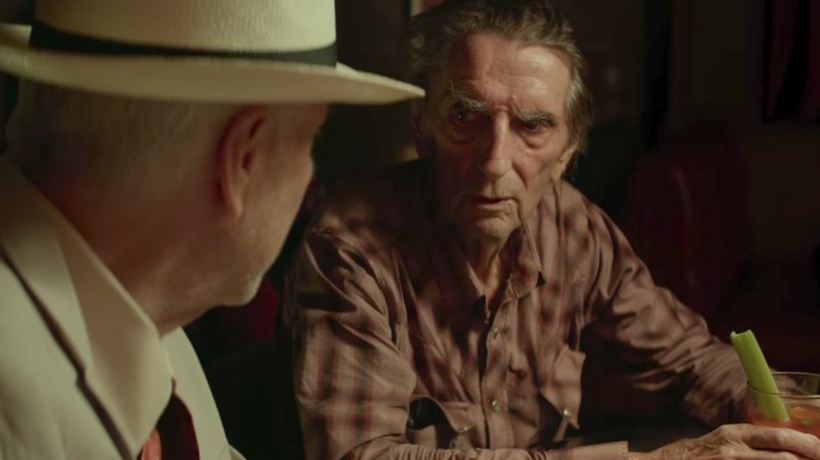
Pictured: David Lynch explaining the ending of TWIN PEAKS: THE RETURN
It is difficult to cover this film from a sort of objective subjectivity. The traditional tenets of film criticism don’t lend themselves well to describing the effect that LUCKY had on me. I’m here to deliver an opinion, not a journal entry, because, chances are, you don’t know me, and bigger chances dictate that, even if you do, you don’t care too much about me beyond my recommendation or trashing of a movie. And that’s to be expected. A genuine challenge lies in stressing the effect that LUCKY had on me, to explain why this movie had me sobbing through my hands. I could share 20 years worth of memories with my grandfather, detailing every memory and character detail about him as context, but that’s not really what I’m here for. Is the movie good, yes or no? Is it hit or shit? But I cannot avoid bringing up that seeing the exact embodiment of my grandfather on the silver screen, the same screen he has so cherished for more than half a century, the same screen I recognize as my personal cathedral, was an absolute gift.
No, Harry Dean Stanton is not a Mexican immigrant who based himself in East Los Angeles, but Lucky, as a character, was a personification so purely, emotionally true to the idol I continue to look up to most that it thrilled me to have a capsule of my grandfather’s boundless, free-willing essence. This past year, he had a leg amputated due to diabetes complications— his towering figure, who often brought me along on his daily walking routes around town, was suddenly scooter-bound. He has been an untouchable deity, but 2017 gave me my first glimpse of his mortality. Our heroes are humans, slowly degrading yet never surrendering. So, yes, watching Lucky stumble around his sun-drenched neighborhood, both acquainting himself to and recognizing a long life’s mundane motifs, was as riveting a time I’ve had at the cinema in years.
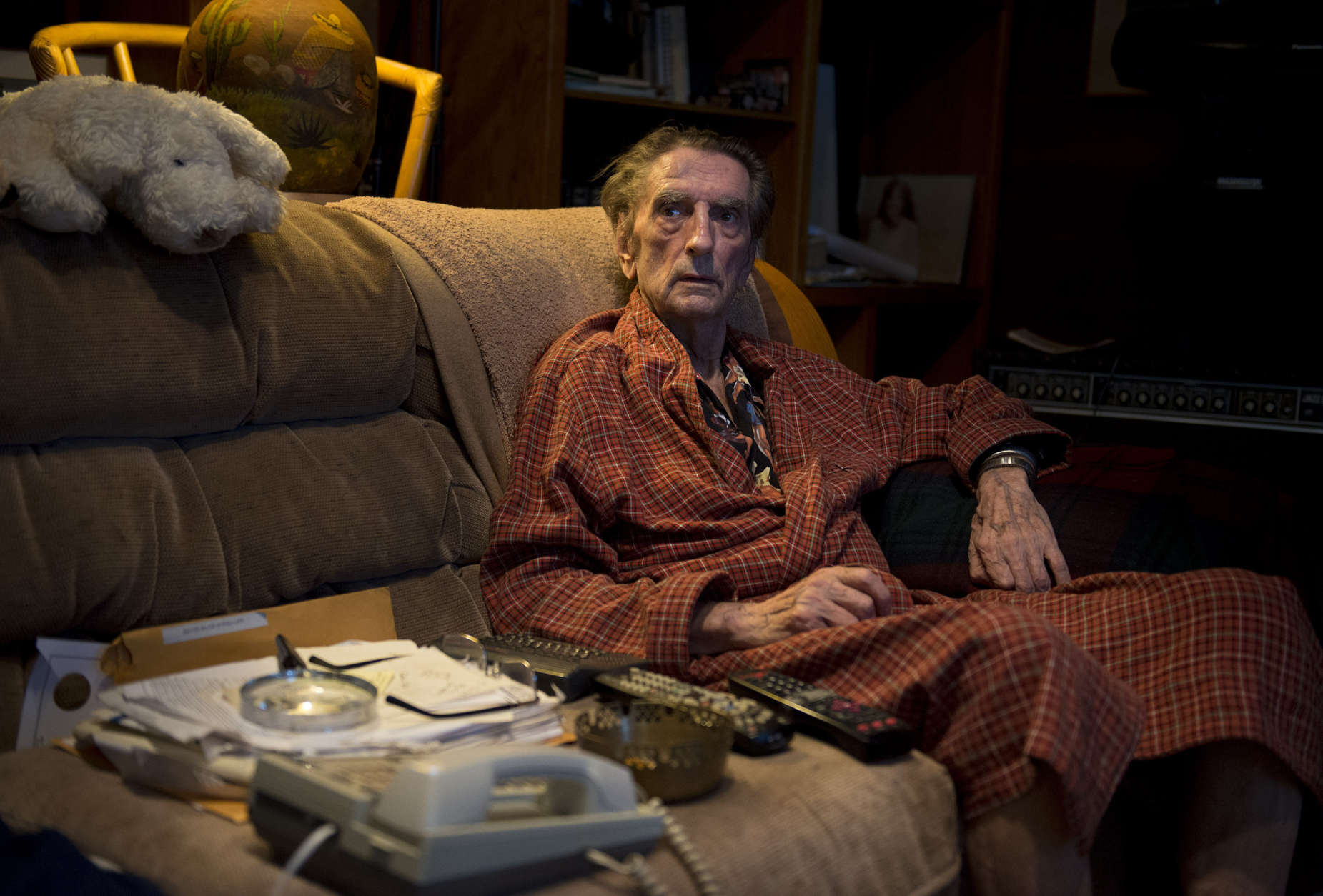
A life wholly lived
LUCKY leaves us not with the anticipation of its main character’s death, but for his many days yet to come. Life’s but a stroll towards the end, saying howdy to the folks you know along the way and ebbing with the seemingly minimal yet rippling changes to your social pattern.
Verdict: Recommend
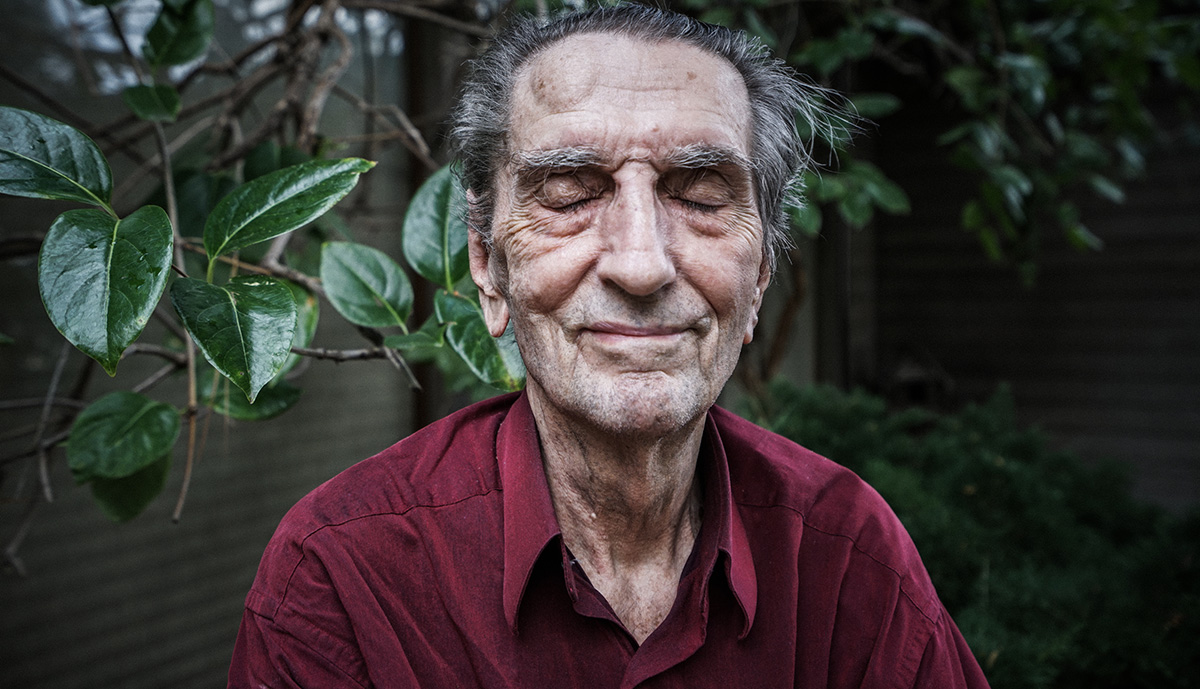
Harry Dean Stanton, 1926-2017



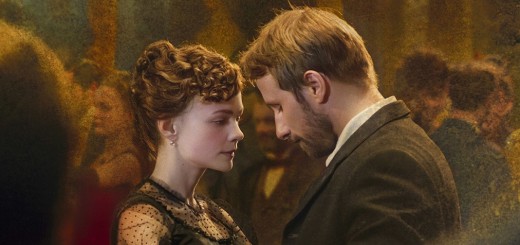
1 Response
[…] Read the full review here. […]